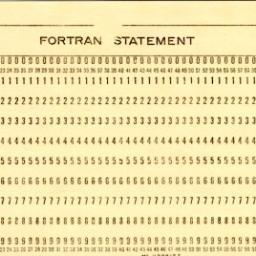 oSC 14
oSC 14 , held April 24-28 in the lovely Mediterranean port town of
Dubrovnik, Croatia , has
come and gone . If you like
openSUSE , expect more of the same. Don't expect any radical changes upcoming for this steady-and-predictable distro!
The conference
focused on high level questions of packaging, approach, distro lifecycle management, and marketing. There were some interesting presentations on specific topics of interest as well, including [the following are all video links]:
The rest of the presentations are available
here [youtube], and conference photos are
here .
SUSE has been my go-to distro since 2001. I'm raising a glass to the openSUSE team and hoping for more green!
Like the Internet? Get ready to start talking about the way it was in the "Good old days." If the new proposed changes to the principle of network neutrality take hold, the future Internet of classified traffic and preferential speeds threatens to do irreparable damage to the Internet we know and love.
Mozilla has proposed some solutions that are under consideration (or are they?). The Atlantic proposes
we step back and reboot the debate with a fresh look at what's important. And it's gotten more political than ever now, as
Democrats and Republicans have taken sides over the FCC's proposal .
Time for the big companies to say their piece then, too, and they have:
they hate Wheeler's proposal .
Do you care about net neutrality? Do you know the facts? Now is a good time to
make this the next SOPA with the equivalent of a blackout. Look to Brad Feld for a good idea: he proposes we
demo the slowlane , and show Americans exactly what the end of network neutrality means for the average punter's online experience. I think it's an awesome idea.
 ArsTechnica
ArsTechnica has an interesting article featured today about scientific computing and the
enduring role played by the Fortran programming language . The article explores three potential challengers to the dominance of
Fortran in scientific computing including
Haskell ,
Clojure , and
Julia . One of the main points made by the article is that support for existing Fortran and C libraries is essential as is support for concurrent (parallel) algorithms. Will Fortran rule scientific computing forever or will a challenger usurp the throne?
[edited 2014-05-09 13:32 for spelling]
 oSC 14 , held April 24-28 in the lovely Mediterranean port town of Dubrovnik, Croatia , has come and gone . If you like openSUSE , expect more of the same. Don't expect any radical changes upcoming for this steady-and-predictable distro!
oSC 14 , held April 24-28 in the lovely Mediterranean port town of Dubrovnik, Croatia , has come and gone . If you like openSUSE , expect more of the same. Don't expect any radical changes upcoming for this steady-and-predictable distro!